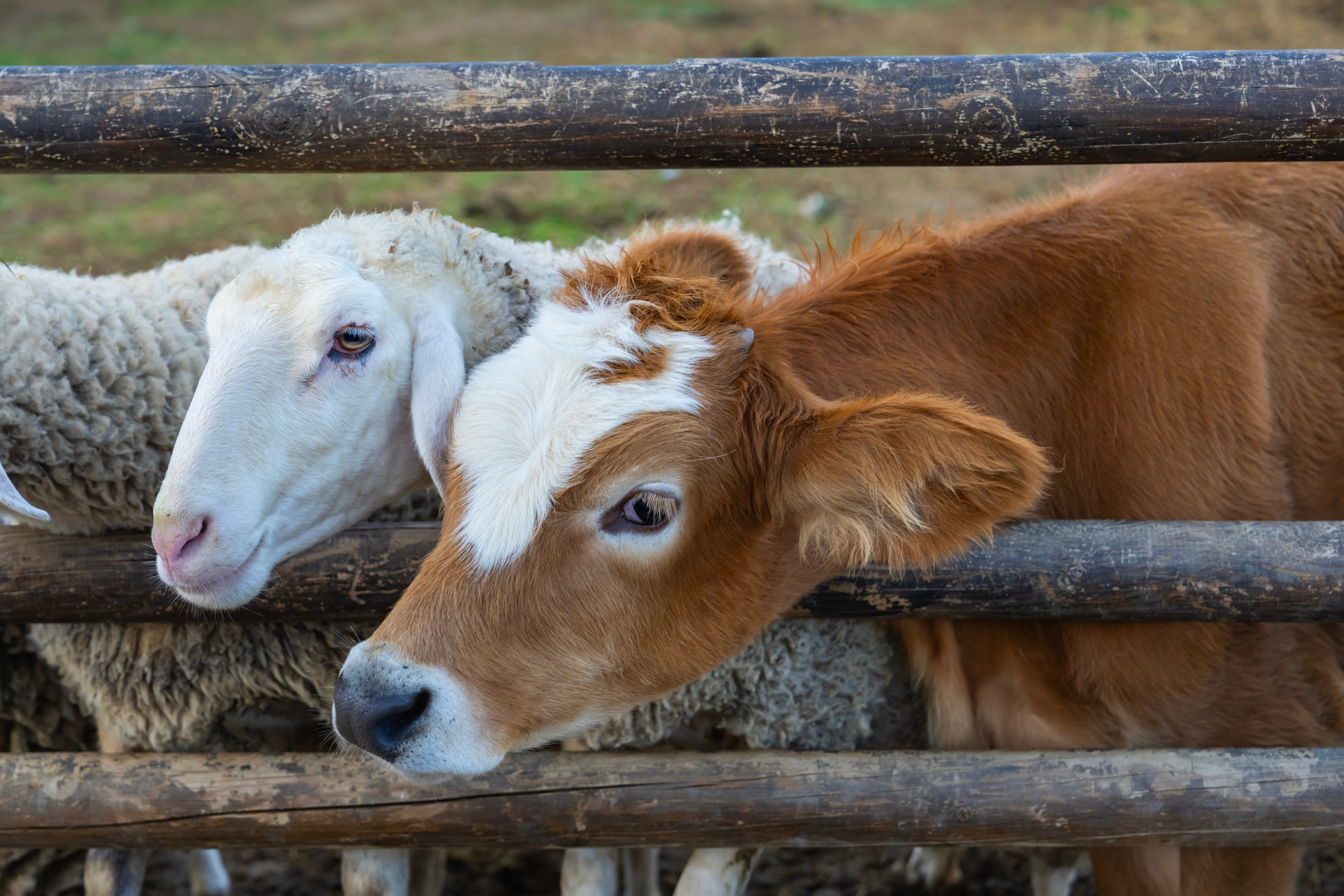 Jun 4th, 2025
Jun 4th, 2025
 3 mins
3 mins

Defra have announced that the Bluetongue Virus restricted zone will be extended from 1st July 2025 to cover the whole of England. This will end movement restrictions for animals and allow farmers to move cattle, sheep, all ruminants, camelids, throughout England without movement tests.
Bluetongue virus (BTV-3) is primarily transmitted by midge bites and affects cattle, goats, sheep, goats, deer and camelids such as llamas and alpacas. The impacts on susceptible animals can vary greatly – but in most cases seen since September 2024 clinical signs have been mild, and animals have recovered.
The decision to extend the zone follows consultation between industry and scientists recognising that the area of England where disease has been found is now too large for movement restrictions to remain an effective and proportionate way of controlling the disease.
Many areas of England are now affected by BTV and safe and effective vaccines are available. Bluetongue serotype 3 (BTV-3) vaccines are now available, and Defra are strongly encouraging farmers to discuss their use with their private vet as vaccination is the most effective way to protect livestock from bluetongue.
This new approach is in alignment with the approach taken throughout the EU.
Restrictions on the freezing of germinal products within the restricted zone will remain.
How to report BTV
Suspicion of BTV in animals in England must be reported to the Animal and Plant Health Agency on 03000 200 301.
In Wales, suspected disease should be reported to the Animal and Plant Health Agency on 03003 038 268.
In Scotland, you should contact your local Field Services Office if you suspect bluetongue.
In Northern Ireland report to the DAERA Helpline on 0300 200 7840 or by contacting the local DAERA Direct Veterinary Office.
Guidance for livestock owners on how to spot and report the disease can be found here



















